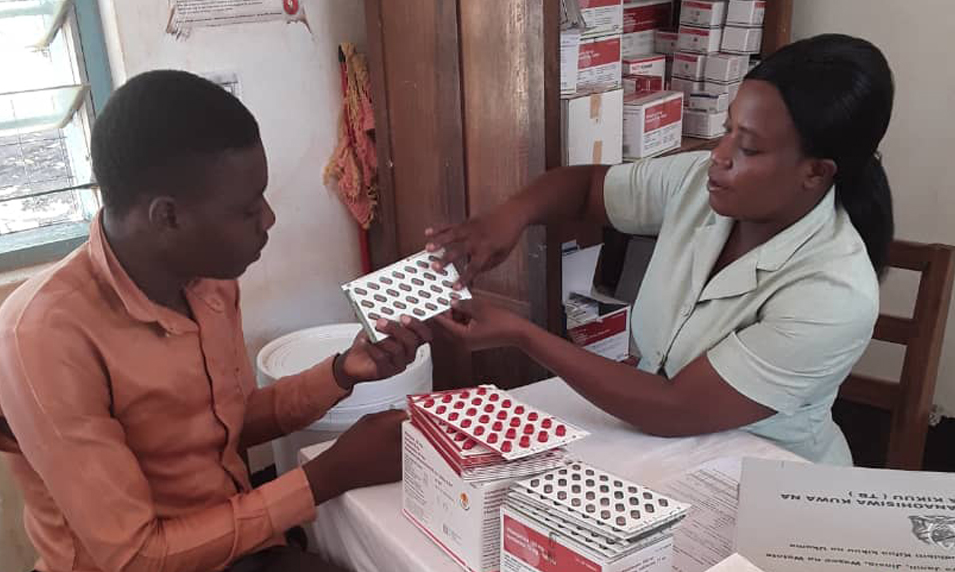The ASCENT project releases a free Total Cost of Ownership (TCO) Tool, to enable accurate budget forecasting for the implementation and use of Digital Adherence Technologies (DATs) in TB treatment. These technologies, including smart pill boxes, video supported treatment and medication sleeves, help TB patients in a modern and more effective way. The TCO tool aims to clarify the expenses related to adoption and scale-up of DATs to inform and empower decision-makers.
Global interest in the use DATs to support TB treatment is growing. In light of the COVID-19 pandemic and its wide-reaching impacts across health systems, including TB treatment adherence, the value of digital tools has never been clearer. As more TB programs, private healthcare networks and non-profit agencies consider adopting DATs, they face a universal question: How much does it cost to utilize these technologies to support individuals affected by TB?
While DATs have the potential to transform care for individuals affected by TB, cost is always a major programmatic consideration when adopting new technologies. To address this need and enable accurate budget forecasting, the Unitaid funded and KNCV Tuberculosis Foundation led ASCENT project releases this scenario-based TCO tool. Based on data from ASCENT’s engagement with manufacturers and experience with implementing DATs in five country settings (Ukraine, Ethiopia, Tanzania, South Africa, and the Philippines), this Excel-based TCO tool allows users to estimate the overall cost of adopting DATs, including medication sleeves, video supported treatment, and smart pill boxes. Users can plan and budget for the adoption and scale-up of DATs according to specified numbers of facilities and patients, average treatment duration, and mix of DAT products used.
